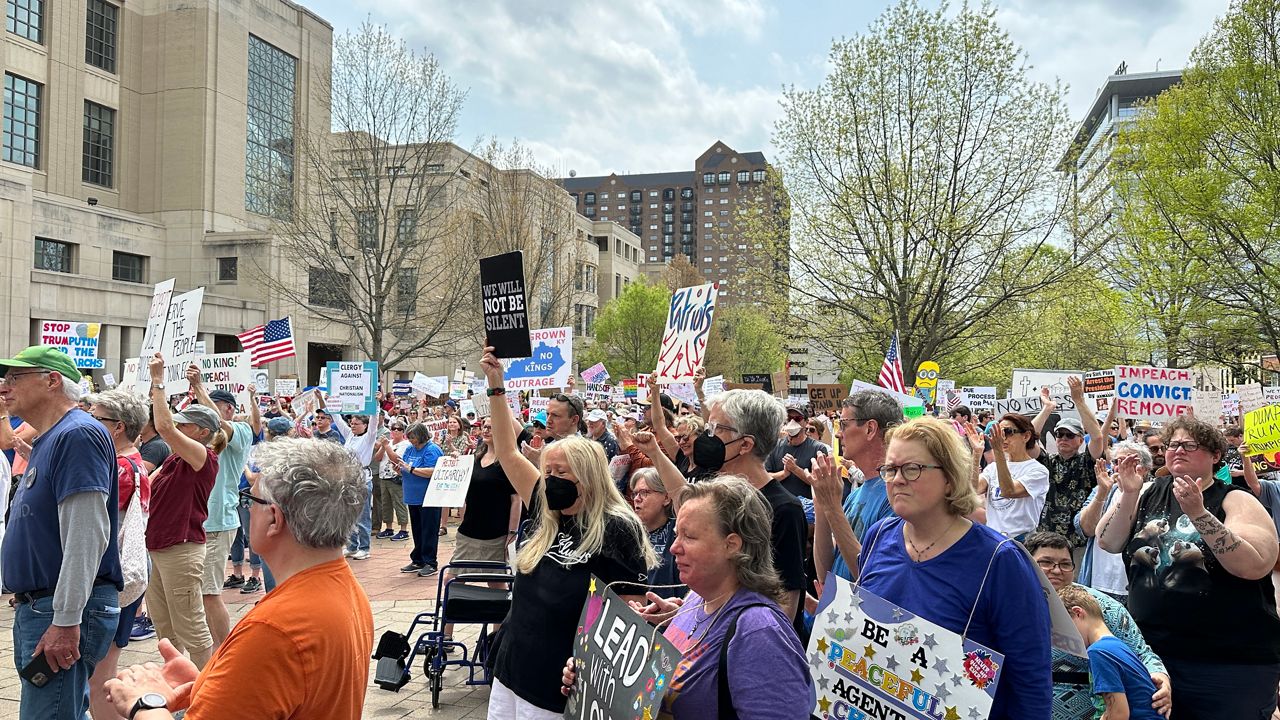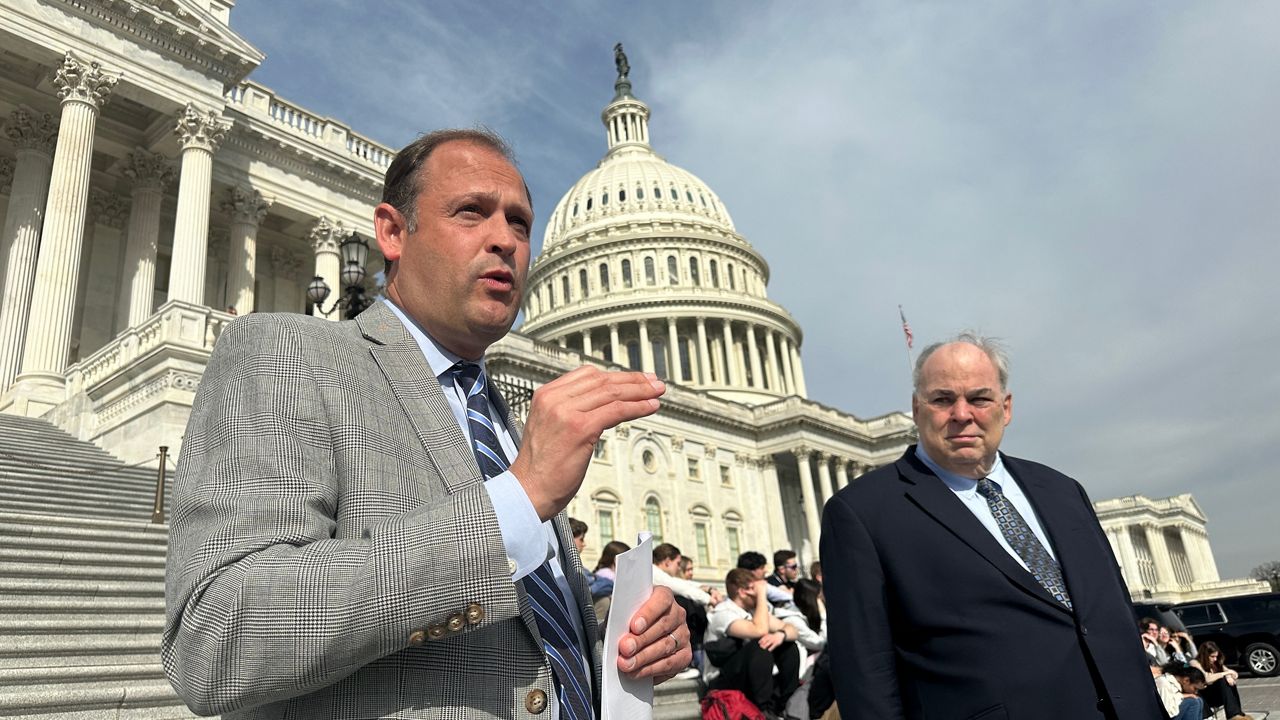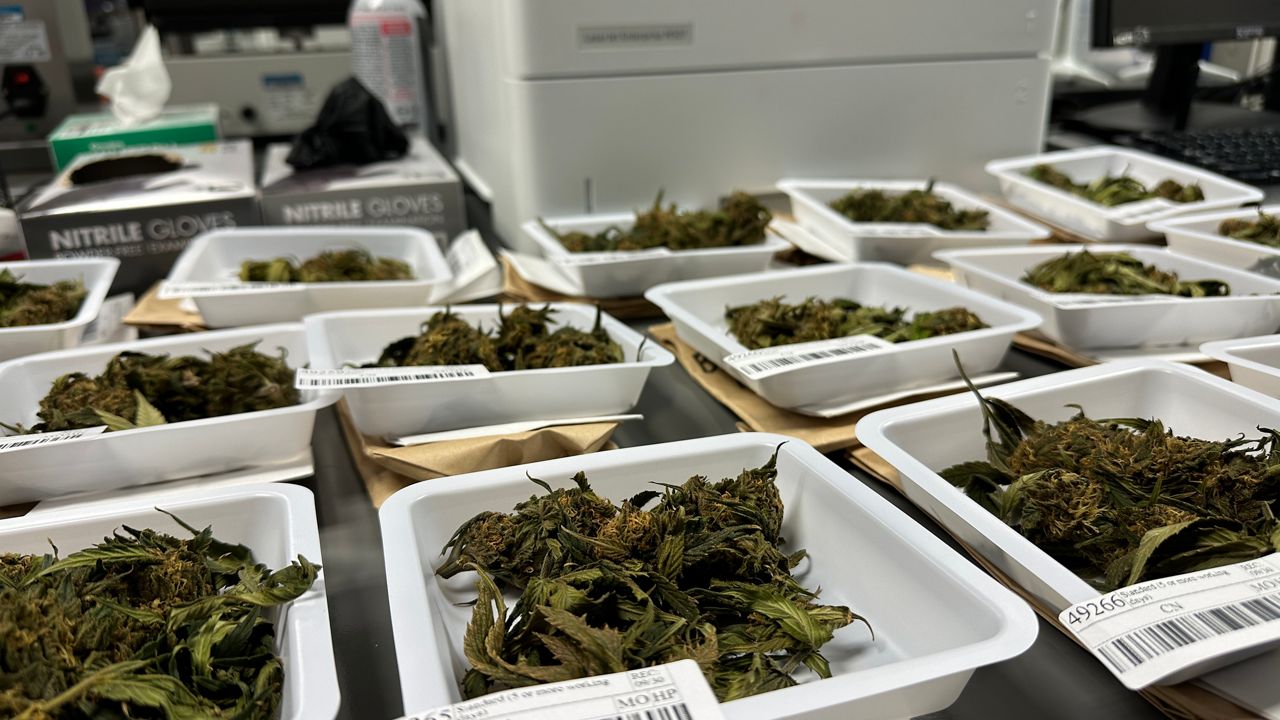LOUISVILLE, Ky. — What started as an Adderall shortage over a year ago created a domino effect as many alternative medications to treat ADHD are now hard to find. The shortages have been linked to various things, including manufacturing delays, increased demand and below-quota production. It’s something Kentucky patients and doctors are continuing to navigate.
Brandi Dunk is a mom of five, so it’s safe to say she has a lot on her plate. Lately, finding ADHD medication for her husband and two of her kids is an additional headache.
“It used to be simple. We would call the doctor to send in a refill request and I’d go to the pharmacy to pick it up. Lately, the past six months or so, it’s been a nightmare,” said Dunk.
Psychiatrist and owner of Louisville ADHD, Dr. Allen Walker, said the shortages have been challenging to navigate as that medicine can impact productivity at school, work and more.
“I don’t mean to downgrade other alternative therapies, but I have ADHD myself and I’ve tried pretty much every medicine out there. Where we, my patients and myself, find the most success is with stimulant medications. It really does help us to stay on task and manage our time effectively, avoid procrastination, honor our commitments and the list goes on and on. Without the medicine, our lives start to kind of slowly unravel,” said Dr. Walker.
Dunk’s daughter and son have both experienced a week without medicine two different times amid the shortages.
“That week they were out was really trying on them and the family as a whole because it is stressful because your kid is suffering and you can’t really do anything to help,” said Dunk.
So what can people do to navigate the shortages with as little disruption as possible? Dr. Walker said your doctor can play a big role in that by helping patients find alternatives.
“Your doctor is really your best asset because they’re the ones that, if they’re familiar with the medicines, they’re going to be able to steer you in the right direction and get you on something that is complimentary. I tell my patients some medicine is better than none because, at the end of the day, the medicine raises dopamine levels in the central nervous system and that’s what alleviates symptoms for patients,” said Dr. Walker.
His other suggestion is to call pharmacies to see which one has your medicine in stock before having your doctor write up the prescription.
“When patients would go to retrieve their prescriptions, they wouldn’t be available. Then they call you and because it’s a Class 2 controlled substance, most of the medicines we use for ADHD are stimulants, you have to prescribe a new prescription to a new pharmacy, which takes time,” said Walker.
That is what Dunk has been doing, but it is time consuming amid her already busy schedule.
“It might not seem like a lot, but sometimes it takes me an hour to figure out a pharmacy that has it, like calling around for a straight hour. That’s an hour of my day. I need to be doing other things, not trying to find my husband and my children’s medication,” said Dunk.
If doctors write a prescription to a pharmacy that doesn’t have it, they need to go through the entire process all over again to write a prescription to a new pharmacy, which takes time on their end too.
“We have a schedule to see a certain number of patients a day. If we have to do an additional refill, it takes 10-15 minutes to document everything. Plus, prescriptions today have to be prescribed through an electronic software, so there is a time element to that. At the end of the day, if you have eight pharmacy transfers, that’s another 80 minutes of work that you have to put in that makes you late to get home, but more importantly, it detracts from patient’s time with the physician,” said Dr. Walker.
Dr. Walker said he hopes the situation improves, though he does not see a quick end in sight.










